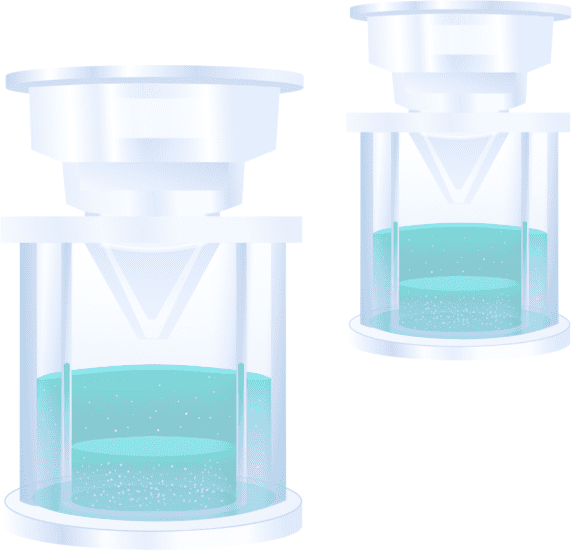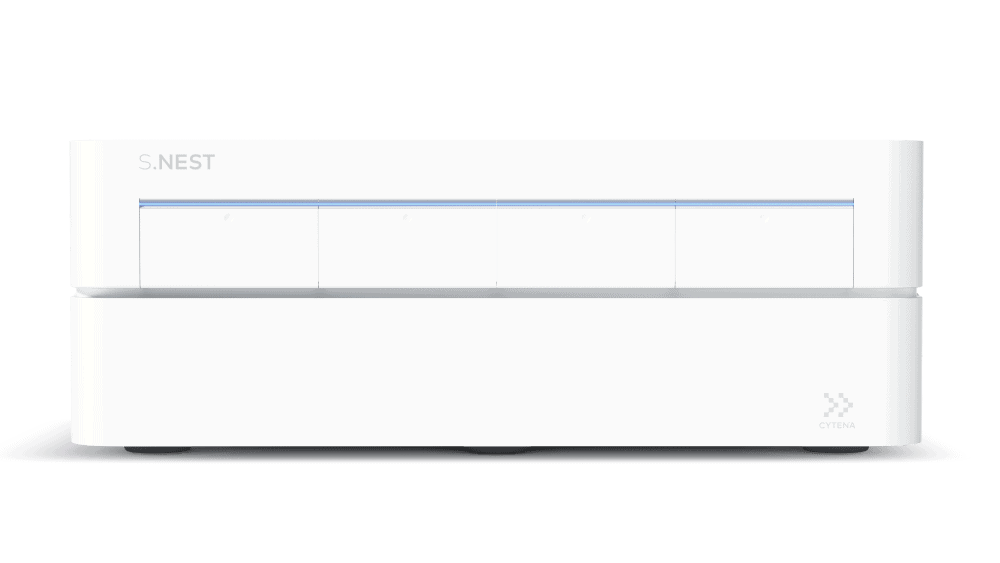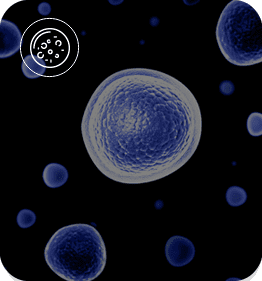- PRODUCTS
-
UP.SIGHT™ 2nd GenNEW
Optimized For Proof Of Monoclonality, Colony Tracking, Confluency, & Titer Measurement -
F.SIGHT™ 2.0
Optimized For Rapid Dispensing of Fluorescent Cells -
C.SIGHT™ 2.0
Optimized for Powerful Dispensing of Unlabeled Cells -
B.SIGHT™
Optimized For Rapid Microbial Single-Cell Isolation and Cultivation -
F.SIGHT™ OMICS
Optimized For Single-Cell-Omics -
F.SIGHT™
Optimized For Affordability And Flexibility -
C.SIGHT™
Optimized for Affordable Cell Line Development -
Compare Products
Decide which one is right for you - Help Me Choose
-
UP.SIGHT™ 2nd GenNEW
- APPLICATIONS
- RESOURCES HUB
- COMPANY
- SHOP
Microbioreactors
Our award-winning microbioreactor systems are equipped with innovative technologies and patented components that are able to revolutionize cell culture. It’s intuitive, easy to use and compatibly used with 96-well and 24-well plates. Whether it is cell line development, biologics production, or drug screening, our microbioreactors can help to offer a much healthier culture environment, shorten the process time and eventually, find the best clones faster.

Why Our Microbioreactors?

Productivity
The high-throughput fashion
enhances productivity and
efficiency in workflows

Flexibility
Optimized and up-scalable
systems that offer
personalized experience

Reliability
Precise control system with
optimal conditions for cell growth
and viability

Versatility
Supporting a wide range of
application areas

Intelligence
Controlled by software with
intuitive interface &
intelligent design

Advancing Discovery
Find better clones faster
Who
Is It For ?

Biopharmaceutical
Industry

Academic
Institutions

Life Sciences
Startups

Government
Research Facilities

CRO/CDMO

Biopharmaceutical
Industry

Life Sciences
Startups

CRO/CDMO

Academic
Institutions

Government
Research Facilities
Featured
Applications

Cell line development

High yield protein production

Virus production

Spheroid, organoid
& 3D culture

Stem cell & Cell therapy

Featured Resources
Discover more about our single cell dispensers and what you can do with them.
Applications
Learn how you can automate research workflows in numerous application areas













